Maybe some will ask "Why do they tell him the terror of the plain?" But without encouragement to feed myths, beliefs and even instill panic or terror, it is very true that being face to face with this animal can be deadly, because we must take into account that if we are in its territory and do something that you do not like or even we passed too close will not hesitate to attack and devour us.
But despite this in Venezuela (my country of origin) and country where the animal is found, there are no reports of attacks or people killed by an Orinoco Caiman in the entire river basin and its bifurcations. What if there is registration is the despicable action of the people against the animal, hunting indiscriminately to consume their meat, take advantage of their skin and consume their eggs (the latter in indigenous tribes) which leads to this species is in danger of extinction.
Spanish: Quizás algunos se preguntarán "¿Por qué le dicen el terror del llano?" Pero sin ánimos de alimentar mitos, creencias e incluso infundir el pánico o terror, es muy cierto que encontrarse frente a frente con este animal puede ser mortal, ya que debemos tomar en cuenta que si estamos en su territorio y hacemos algo que no le guste o incluso le pasamos demasiado cerca no dudará en atacarnos y devorarnos.
Pero a pesar de esto en Venezuela (mi país de origen) y país donde se encuentra dicho animal, no existen reportes de ataques o personas fallecidas por un Caiman del Orinoco en toda la cuenca hidrográfica del río y sus bifurcaciones. De lo que si hay registro es de la despreciable actuación del pueblo contra el animal, cazandolo indiscriminadamente para consumir su carne, aprovechar su piel y consumir sus huevos (esto último en tribus indígenas) lo cual a conllevado a que esta especie esté en peligro de extinción.
The animal of which I speak is nothing more and nothing less than the Caiman of the Orinoco or Caiman Llanero (Crocodylus intermedius) / El animal del cual hablo es nada más y nada menos que el Caiman del Orinoco o Caiman Llanero (Crocodylus intermedius).
I had the majestic opportunity to meet this impressive animal during the "X Course of manipulation and conservation of Crocodylia Venezuela" and I can tell you that more than terror I felt a lot of respect towards him, since, if very well it is a very dangerous animal if We treat with the due care and respect that it deserves.
In this experience I could really learn and understand what it was like to work with these animals, if very well my work with them was not much since I could not directly work with the bigger animals (after all I was there to learn and you can not learn to pitch in the Major Leagues). One of the things I learned is that these animals defend their nests or egg-laying sites, especially females, but unlike other species such as Caiman crocodylus, they do not care for the offspring after they are born.
Spanish: Tuve la majestuosa oportunidad de conocer a este imponente animal durante el "X Curso de manipulación y conservación del Crocodylia Venezuela" y les puedo decir que más que terror sentí muchísimo respeto hacia el, ya que, si muy bien es un animal bastante peligroso si lo tratamos com el debido cuidado y respeto que este se merece.
En esta experiencia pude aprender y entender realmente que era trabajar con estos animales, si muy bien mi labor con ellos no fue mucha ya que directamente no pude trabajar con los animales más grandes (después de todo estaba ahí para aprender y no puedes aprender a pitchear en las Grandes Ligas). Una de las cosas que aprendí es que estos animales defienden muchísimo sus nidadas o sitios de puesta de huevos sobre todo las hembras, sin embargo a diferencia de otras especies como por ejemplo el Caiman crocodylus, no cuidan a las crías tanto después de nacidas.
Female of Crocodylus intermedius watching the clutch / Hembra de Crocodylus intermedius vigilando la nidada.
As you can see I am behind a fence because these animals are kept in captivity, but do not worry because in that place they are protected and bred for their later release, this place is the Masaguaral Cattle Ranch, there for decades they have veiled for the conservation of this impressive animal and other crocodilians, in fact here was one of the places where the conservation program of the Caiman del Orinoco was born and for this they used two quite effective techniques, which were to keep adults in captivity for their reproduction and later Release of the pups with 1 year of age since at this age they are more likely to survive. And the other technique used was the capture of wild animals (this monitoring and identifying the clutches) and then after 1 year releasing the young back to the environment where they belong.
Spanish: Como pueden observar estoy detrás de una reja debido a que estos animales son mantenidos en cautividad, pero no se preocupen ya que en ese lugar son protejidos y criados para su posterior liberación, este lugar es el Fundo Pecuario Masaguaral, allí desde hace decadas han velado por la conservación de este imponente animal y otros crocodilianos, de hecho aquí fue uno de los lugares donde nació el programa de conservación del Caiman del Orinoco y para ello emplearon dos técnicas bastante efectivas, las cuales fueron mantener adultos en cautiverio para su reproducción y posterior liberación de las crías con 1 año de edad ya que a esta edad tienen más posibilidad de sobrevivir. Y la otra técnica empleada fue la captura de crias silvestres (esto vigilando e identificando las nidadas) y posteriormente pasado 1 año liberar las crias nuevamente al medio ambiente donde pertenecen.
Collection of eggs in captivity / Recolección de huevos en cautividad. (Foto por: Migdalia Umbría)
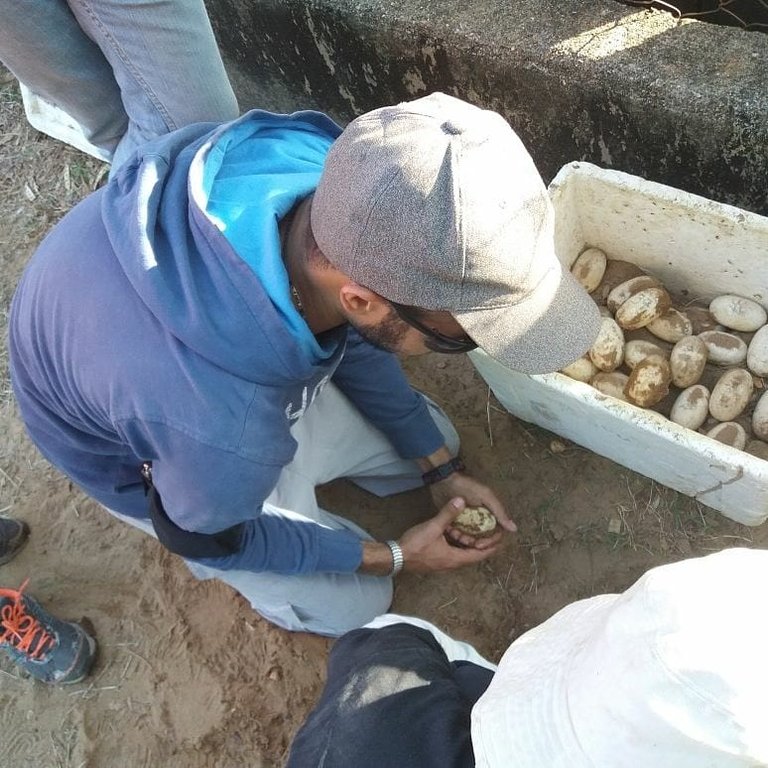
Wild animals kept in captivity for 1 year / Crias salvajes mantenidas en cautiverio durante 1 año. (Foto por: @alejandromorenoig)
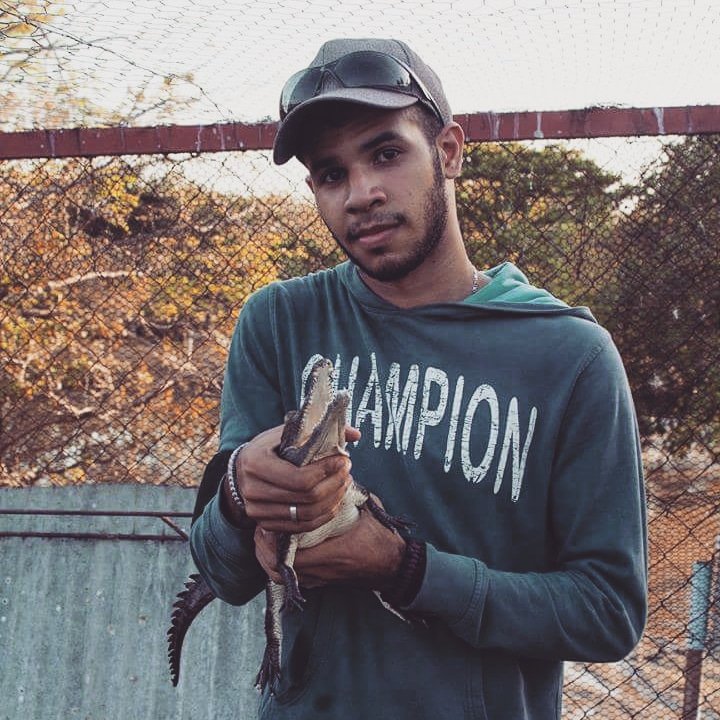
Breeding pair / Pareja reproductora.
From this experience I take many good things, learning, saving lives, promoting life, protection, conservation and even good friends. Which brings me to the question of the beginning of this post Why do they say the terror of the plain? Well, in my opinion, it is simply an erroneous way of calling an animal that is very impressive if it is not going to attack you unless you make it bother, I think that the true terror of the plain (or the earth) is the man since we are the ones who destroy breeding sites, wild populations of animals and even complete ecosystems.
Spanish: De esta experiencia me llevo muchas cosas buenas, aprendizaje, salvar vidas, promover la vida, protección, conservación e incluso buenos amigos. Lo que me lleva a la pregunta del inicio de este post ¿Por qué le dicen el terror del llano? Bueno pues a mi parecer es simplemente una forma erronea de llamar a un animal que si muy bien es imponente en presencia no te va a atacar a no ser que lo hagas molestar, pienso que el verdadero terror del llano (o de la tierra) es el hombre ya que somos nosotros los que destrozamos sitios de cria, poblaciones silvestres de animales e incluso ecosistemas completos.
What do you think?
Let me know in the comments, says Bat3vil :D happy afternoon.
The other photos are from my author.
¿Qué opinan ustedes?
Dejenmelo saber en los comentarios, se despide Bat3vil :D feliz tarde.
Las demás fotos son de mi autoria.
My steemclub referal: https://mysteemup.club?r=bat3vil
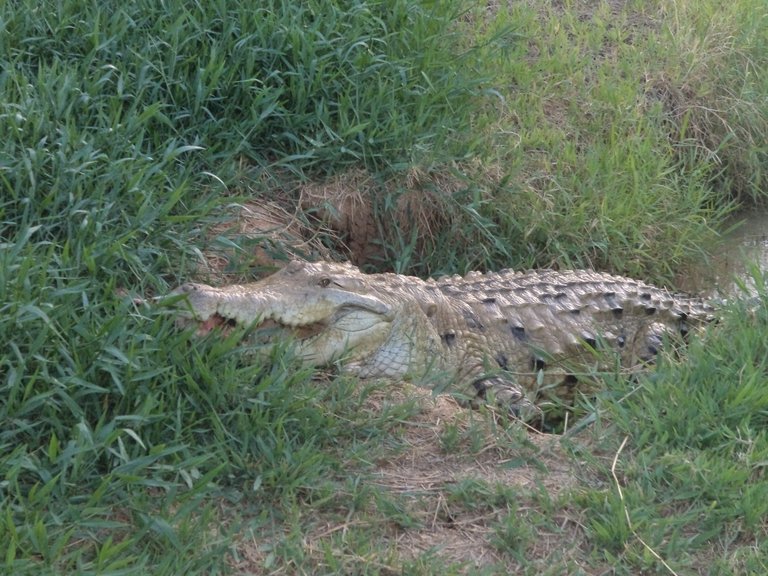
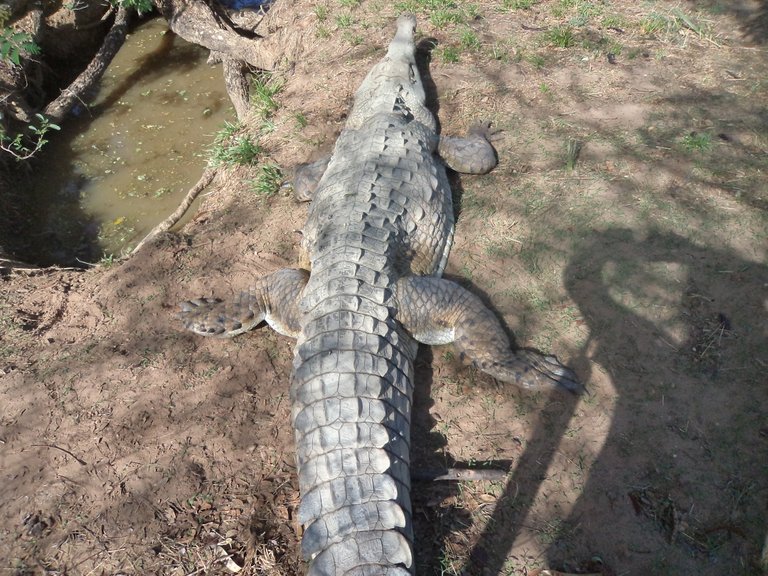
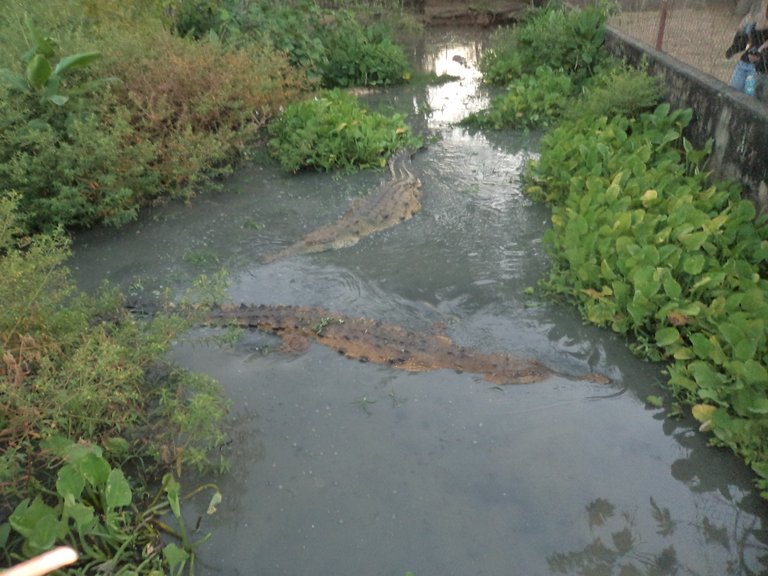
Muy bueno! Excelente.
Congratulations @bat3vil! You received a personal award!
Click here to view your Board
Congratulations @bat3vil! You received a personal award!
You can view your badges on your Steem Board and compare to others on the Steem Ranking
Vote for @Steemitboard as a witness to get one more award and increased upvotes!